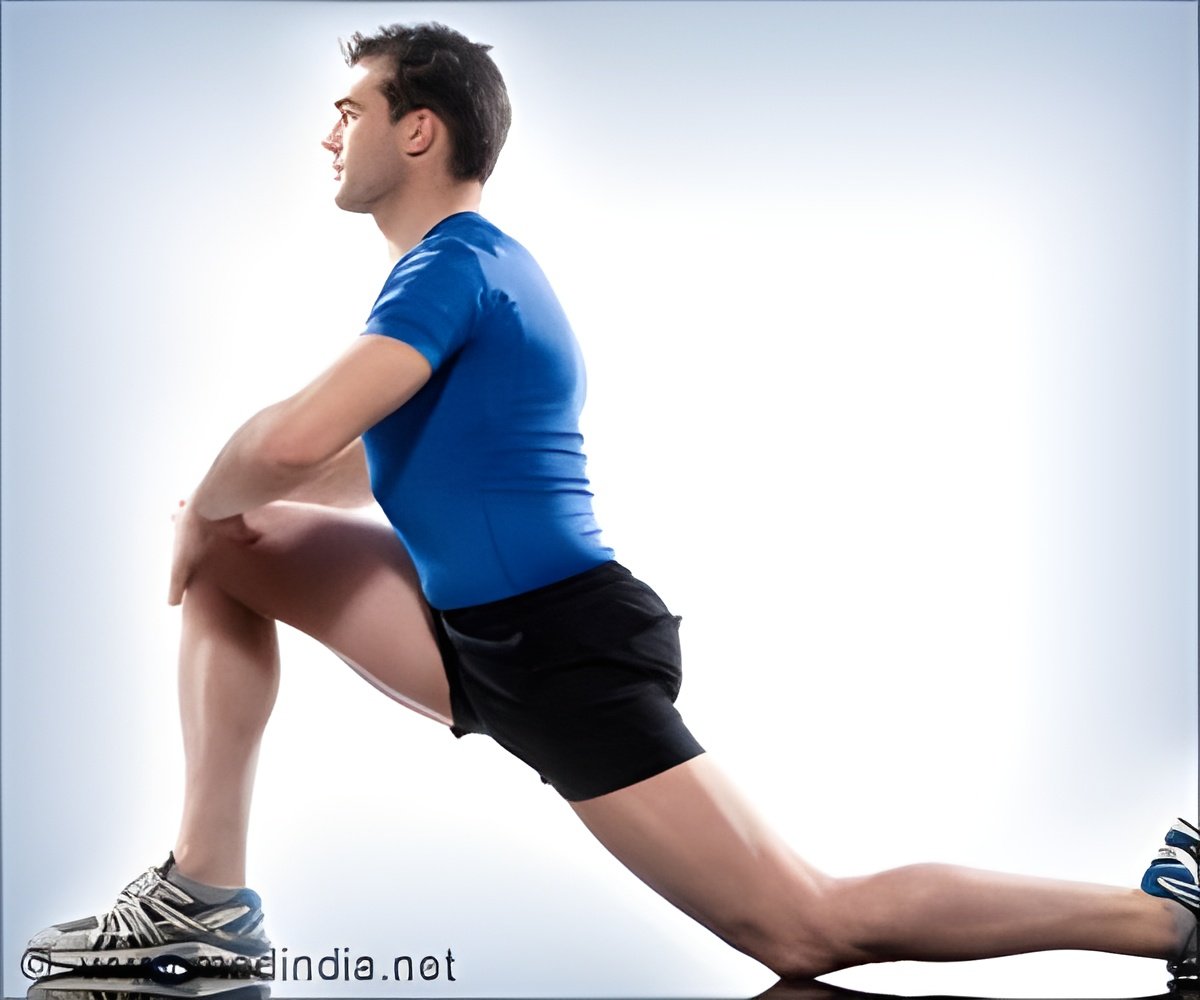A University of Guelph professor has uncovered the 'secret' to staying strong as we age - superb fitness.

‘Elderly people who were elite athletes in their youth or later in life - and who still compete as masters athletes - have much healthier muscles at the cellular level compared to those of non-athletes.’





"One of the most unique and novel aspects of this study is the exceptional participants," said Power, who joined U of G's Department of Human Health and Nutritional Sciences last fall. "These are individuals in their 80s and 90s who actively compete in world masters track and field championships. We have seven world champions. These individuals are the creme de la creme of aging." The study found that athletes' legs were 25% stronger on average and had about 14% more total muscle mass.
In addition, the athletes had nearly one-third more motor units in their leg muscles than non-athletes.
More motor units, consisting of nerve and muscle fibers, mean more muscle mass and subsequently greater strength.
With normal aging, the nervous system lose motor neurons, leading to a loss of motor units, reduced muscle mass, less strength, speed and power. That process speeds up substantially past age 60. "Therefore, identifying opportunities to intervene and delay the loss of motor units in old age is of critical importance," Power said.
Advertisement
In another recent study, published in the American Journal of Physiology - Cell Physiology, he looked at muscle fiber samples from the same elite athlete/non-athlete group.
Advertisement
Source-Newswise















